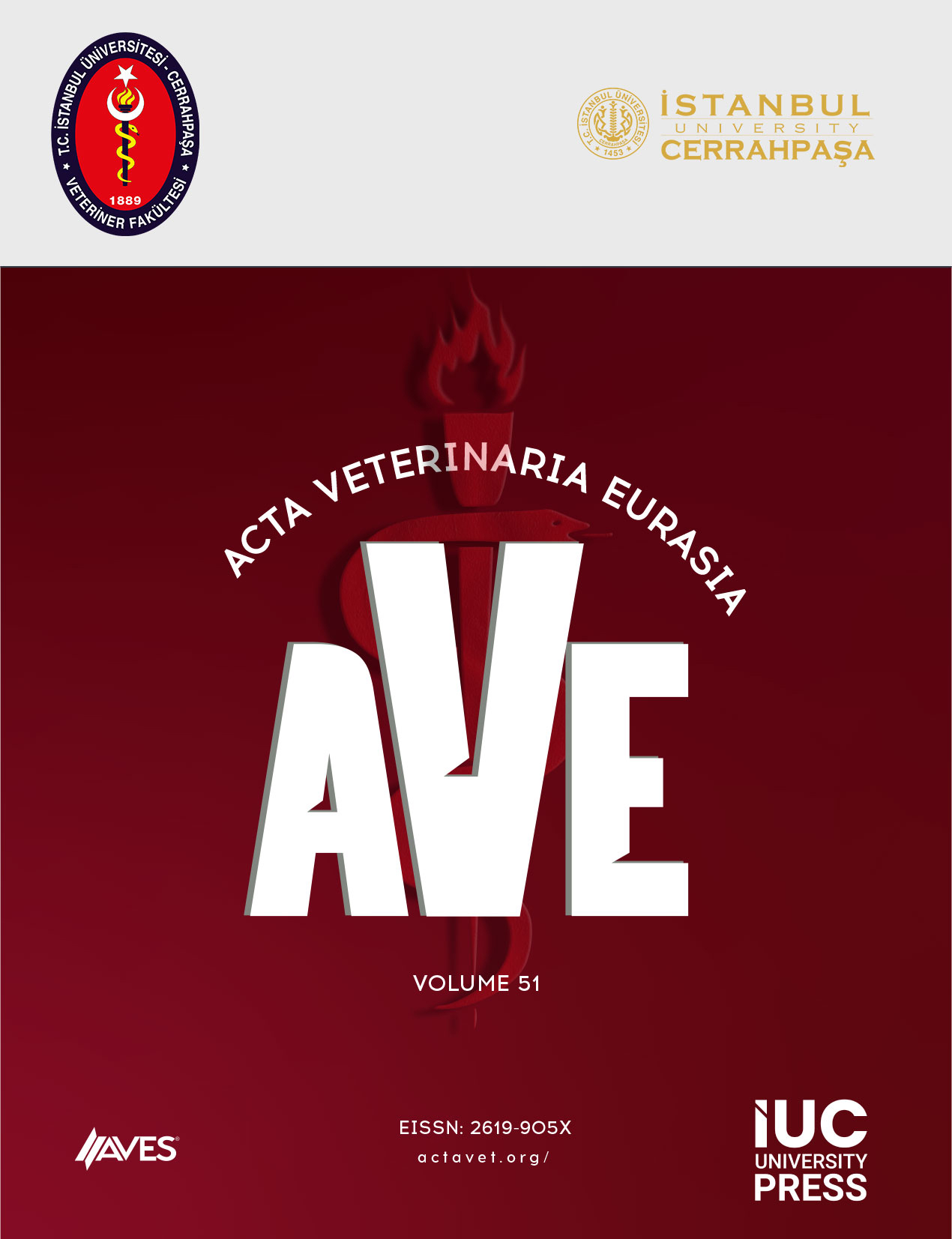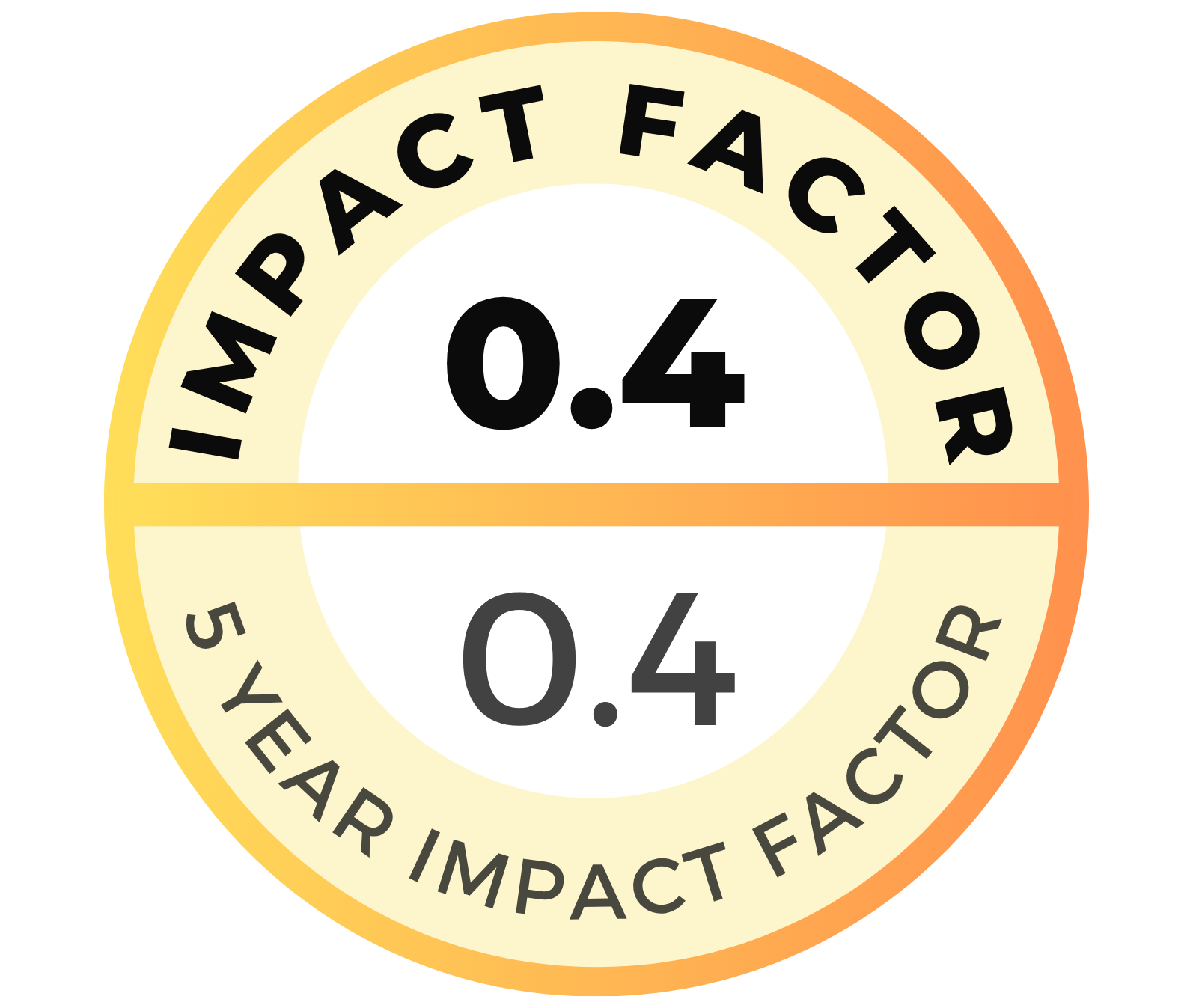Abstract
Ticks, the blood-feeding arthropods, play a crucial role in transmitting diseases to livestock and pose serious economic losses. However, the diversity of tick species infesting domestic animals in Azad Kashmir, Pakistan, particularly in Bhimber, Mirpur, Kotli, and Bagh districts, is not well understood. This study aimed to assess the prevalence and identify tick species affecting livestock in these regions. A total of 1713 animals were examined, revealing 1209 cases of tick infestation. Morphological analysis of 1696 female ticks identified several species: Rhipicephalus microplus, Rhipicephalus sanguineus, Haemaphysalis punctata, Haemaphysalis bispinosa, Hyalomma anatolicum, and Nosomma monstrosum, infesting cattle, buffalo, sheep, and goats. Infestation rates were 72.42% in sheep, 68.81% in goats, 40% in buffalo, and 73.14% in cattle. H. punctata was the most prevalent species in small ruminants, while R. microplus dominated infestations in cattle and buffalo. Principal Component Analysis (PCA) showed significant variations in tick species prevalence among districts, with PC1 explaining 56.13% of the variance. Additionally, in domestic fowl and their shelters, Argas persicus was the dominant tick species. The study highlights the high prevalence of ticks in both small and large ruminants, as well as domestic fowl. These findings are expected to raise awareness among livestock owners regarding the need for effective prevention and control measures in the affected regions.
Cite this article as: Ahmed, Z., Waqas, M., Hussain, A., Ahmed, I., Ahmed, I., Jabbar, A., Kiani, F. A., Kuthu, Z. H., Shamim, A., & Nawaz, M. (2025). Epidemiological assessment of tick infestations in livestock and domestic fowl in Azad Kashmir: Prevalence, species diversity, and implications for disease control. Acta Veterinaria Eurasia, 51, 0059, doi: 10.5152/actavet.2025.24059.





.png)